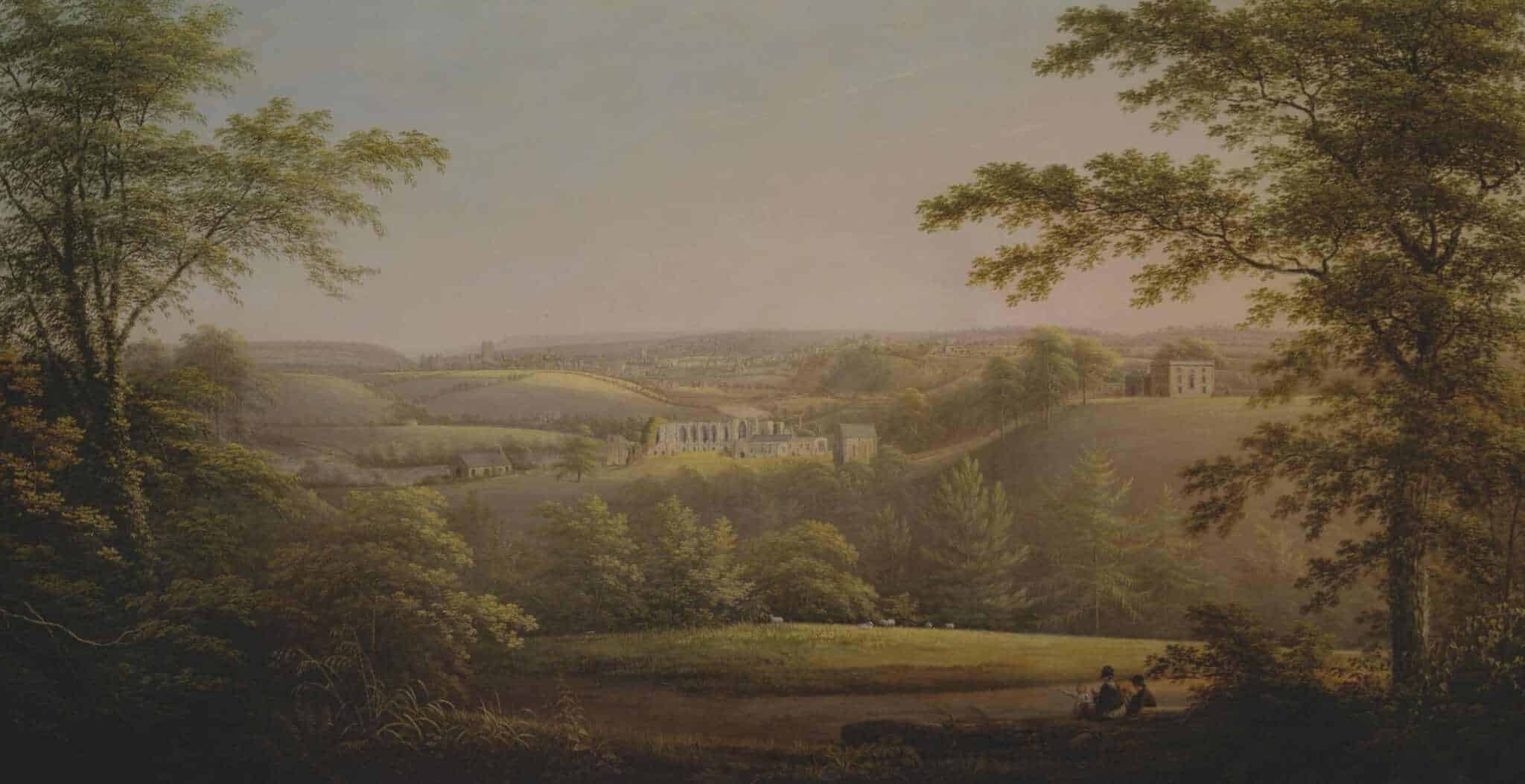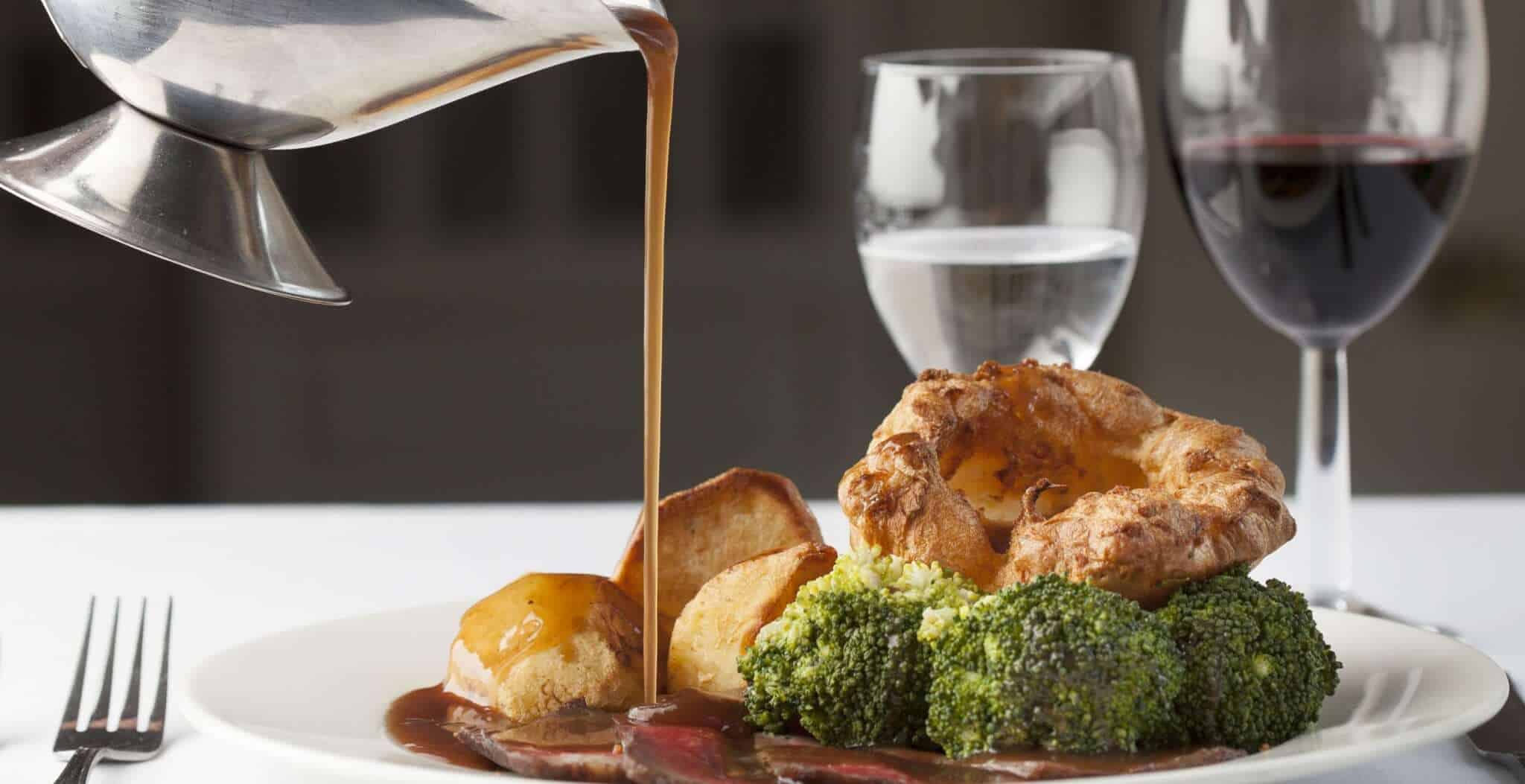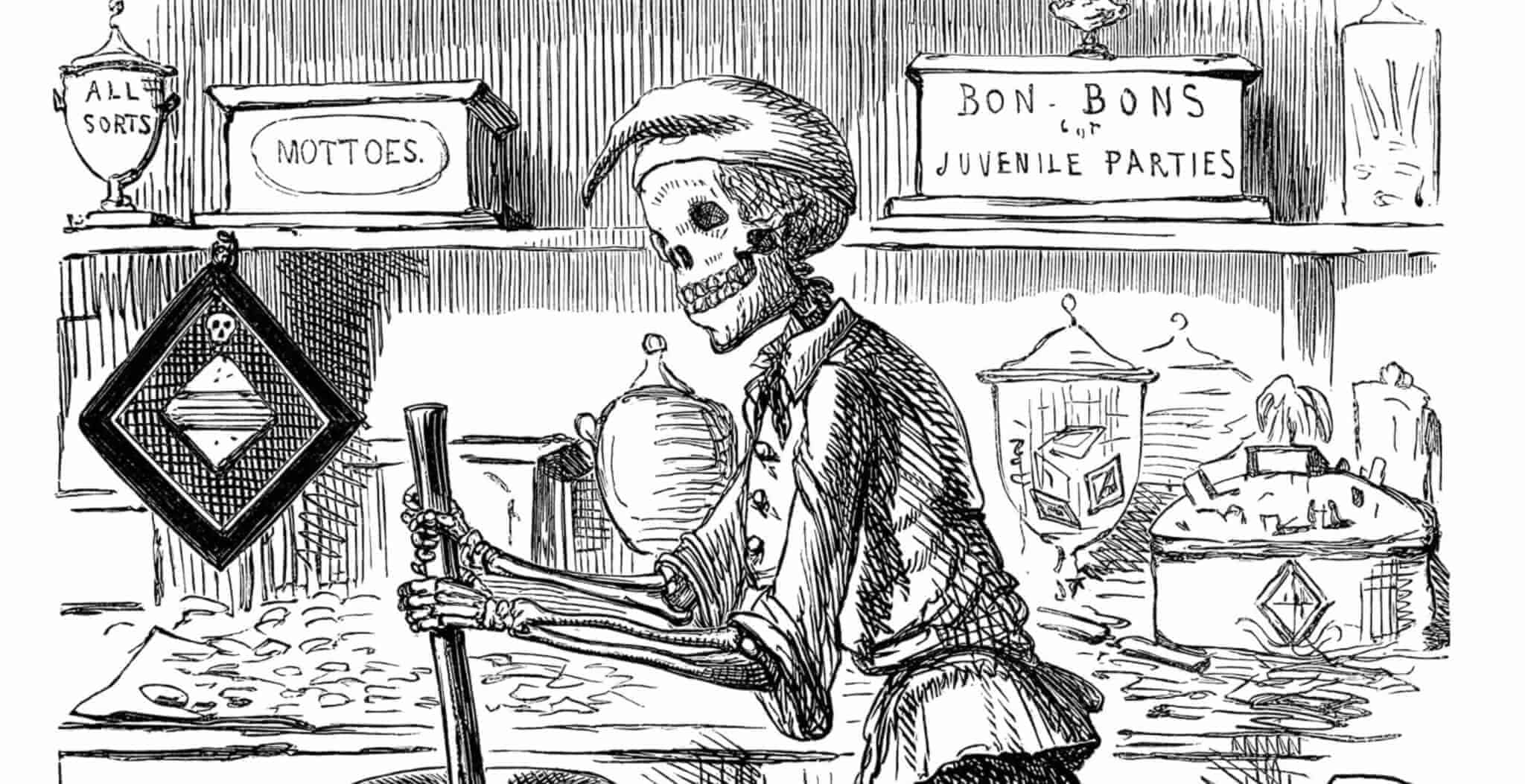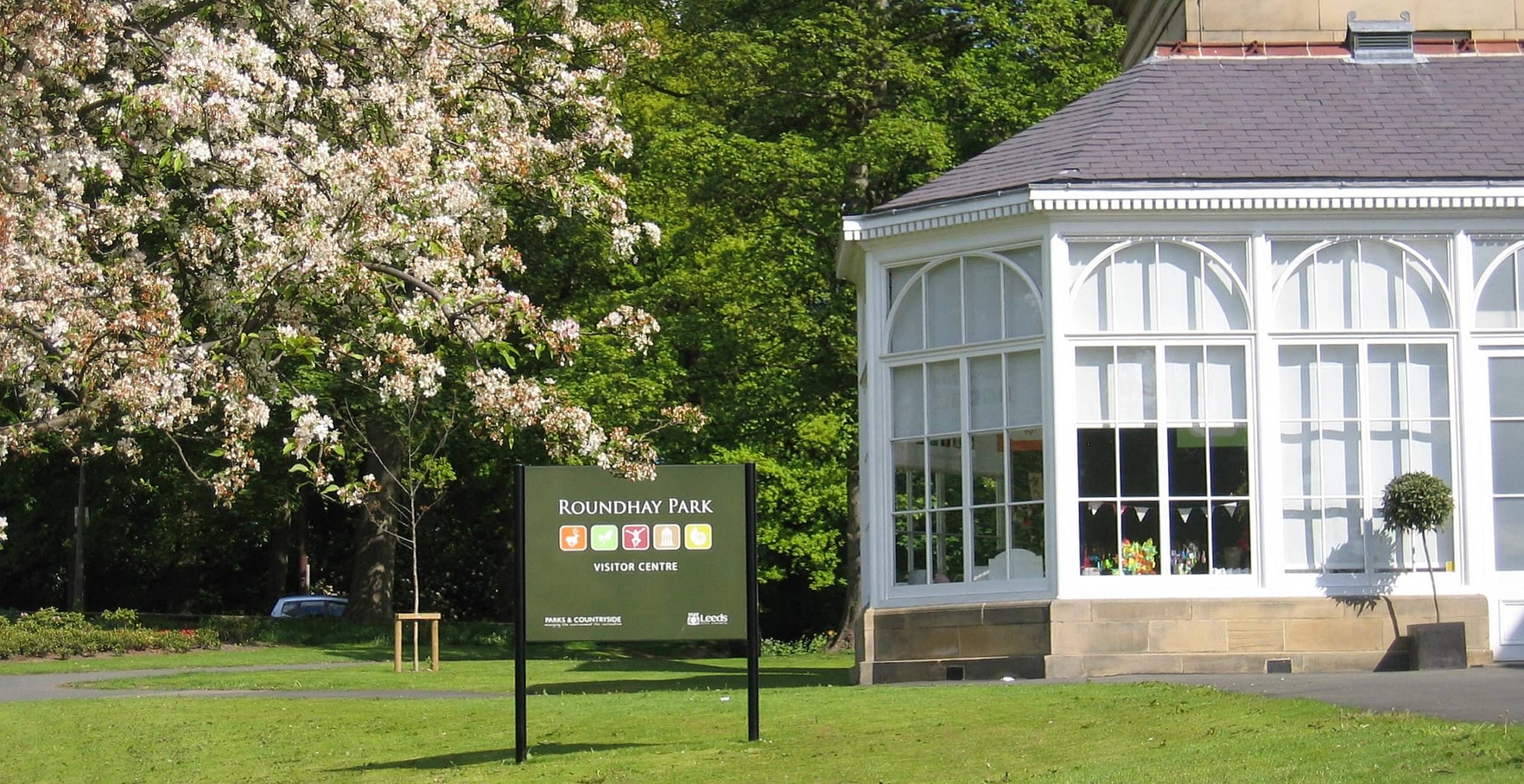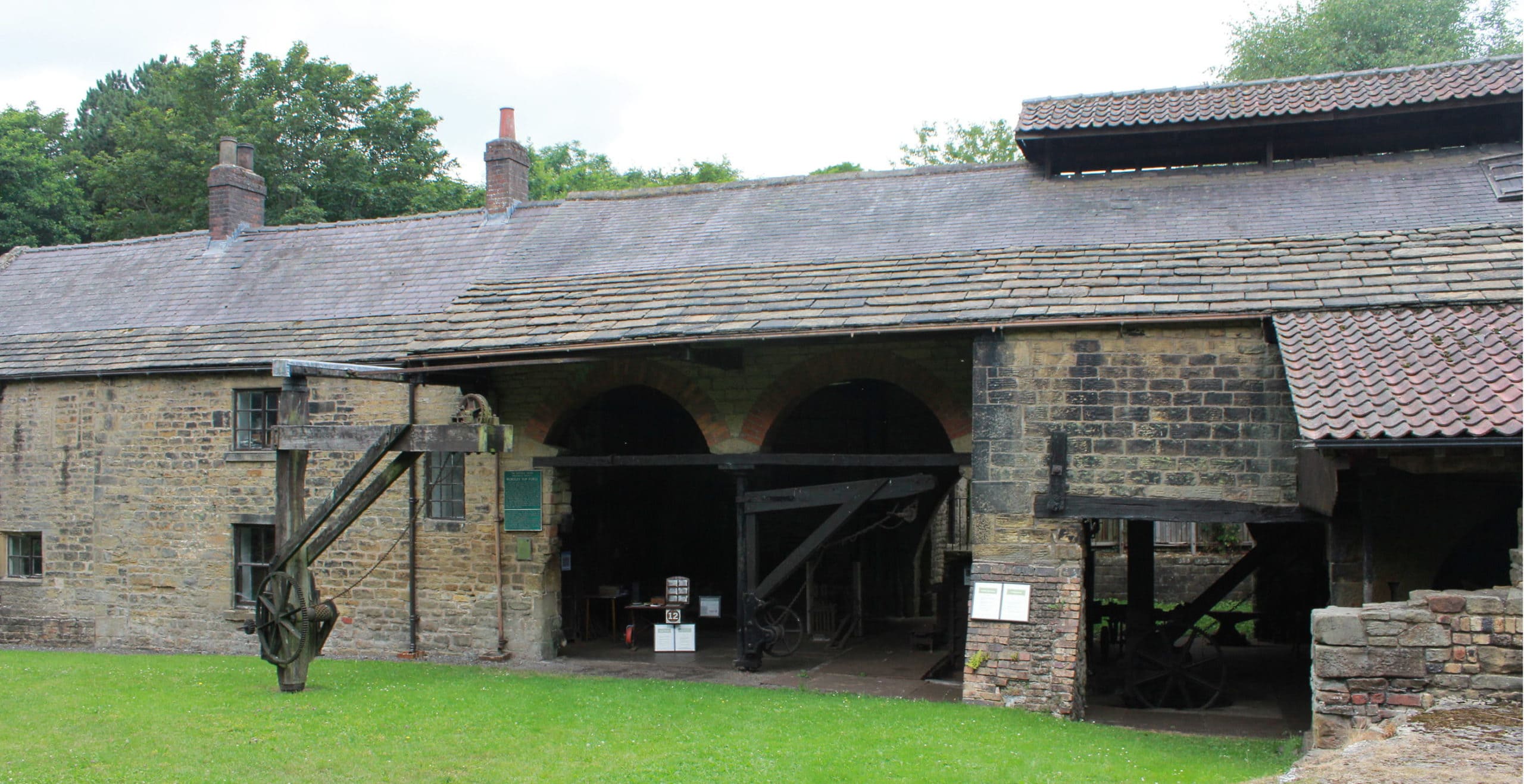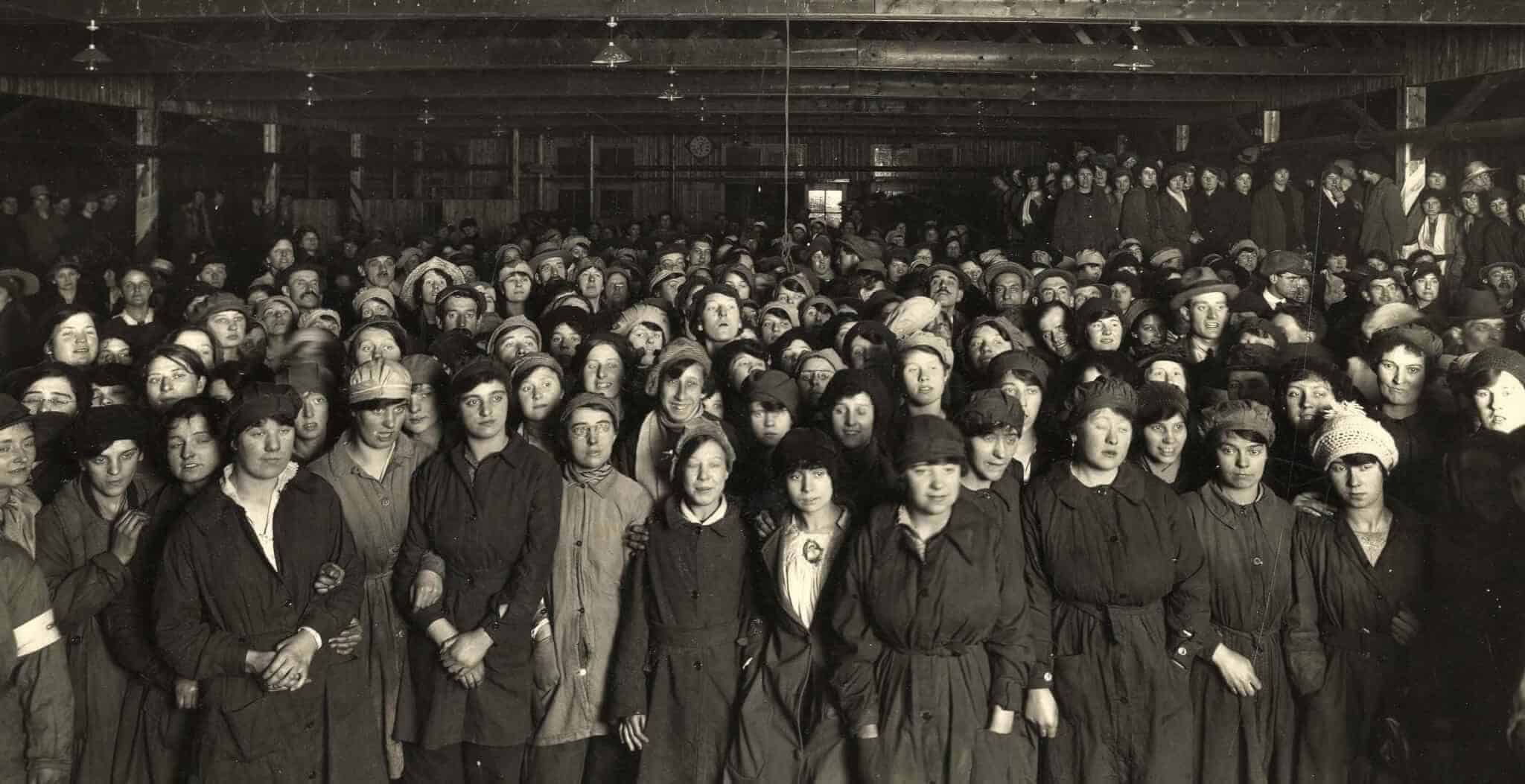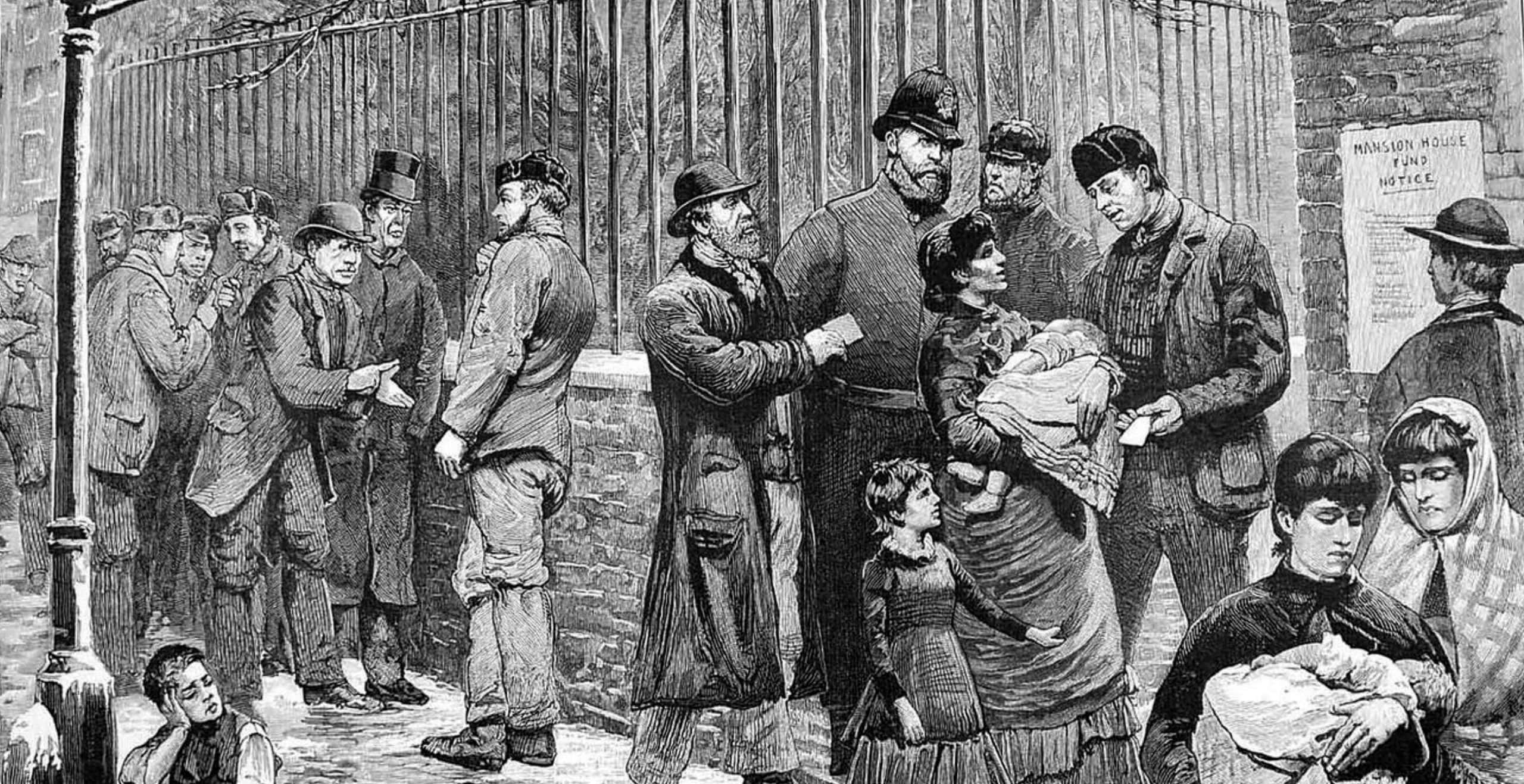Did you know that August 1st is Yorkshire Day? To celebrate, we thought we’d share some great Yorkshire words and phrases with you.
Much of the Yorkshire dialect has its roots in Old English and Old Norse, and is called Broad Yorkshire or Tyke. Rather confusingly, someone born and bred in Yorkshire is also called a tyke.
Examples of the Yorkshire dialect can be found in literary works such as ‘Wuthering Heights’ by Emily Bronte and Charles Dickens’ novel ‘Nicholas Nickleby’. The reader will notice that in Broad Yorkshire, ‘ye’, ‘thee’ and ‘thou’ are used instead of ‘you’ and the word ‘the’ is shortened to t’.
Many people not from God’s Own County will consider the Yorkshire dialect as, shall we say, a little lugubrious. Indeed the words do seem to lend themselves to a Les Dawson-style of delivery.
‘Owt and Nowt
Two words used a lot in Yorkshire, meaning something and nothing. They are traditionally pronounced to rhyme with ‘oat’ rather than ‘out’, for example ‘Yah gooid fur nowt’ (you’re good for nothing). The old Yorkshire expression, “If there’s owt for nowt, I’ll be there with a barrow” would seem to bear out the impression that some people have of Yorkshire people, that they are careful, or tight, with their money. As the ‘Yorkshireman’s Motto’ goes:
‘Ear all, see all, say nowt;
Eat all, sup all, pay nowt;
And if ivver tha does owt fer nowt –
Allus do it fer thissen.
(Hear all, see all, say nothing; eat all, drink all, pay nothing, and if ever you do something for nothing, always do it for yourself).
‘Appen
This word will be very familiar to fans of Emmerdale, as a favourite utterance by most of the characters in the early days of the soap, in particular Amos Brealry and Annie Sugden. It means ‘perhaps’ or ‘possibly’ and is often preceded by ‘Aye’(yes) as in ‘Aye, ‘appen’. Other useful Yorkshire phrases include ‘Appen that’s it’ (that’s possibly true) and ‘Appen as not an maybe’ (you’re probably right).
‘Eee by gum
No, this isn’t just gibberish, it does actually mean something, although there is no direct translation. It means something like ‘Gosh!’, ‘Cor’, ‘Oh my God’ or ‘By gum’.
Nah then
This is often heard when friends greet each other and is used like a casual ‘hello’ or ‘hi’. Another way to say hello in Yorkshire would be ‘Eh up’.
Middlin’, Nobbut Middlin’, Fair t’ Middlin’
Again, these are expressions with no exact translation. Often heard in response to the question ‘Ow do’ (How are you), ‘middlin’ or ‘fair t’middlin’ would mean ’I’m ok’. ‘Nobbut middlin’ means less than middlin’, so more like ‘just alright’.
Middlin’ is not to be confused with middin which refers to a muck heap, rubbish heap or even the outside loo!
So for example:
Nah then,’ow do? – Nobbut middlin’.
Now you’re fluent in Yorkshire!
Published: 1st August 2017.
